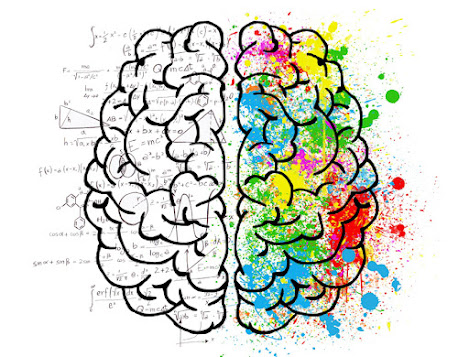13. PROJECTIVE RESEARCH
DEFINITION: involves providing the respondent with a word or phrase and asking them to share the first word that comes to their mind. For example, a researcher could share a list of brands with a group of respondents and each respondent is asked to share the first word that comes to mind.
CHARACTERISTICS:
MAIN USES:
- Allows respondents to project their subjective or true opinions and beliefs onto other people or even objects. The respondent's real feelings are then inferred from what s/he says about others.
- Normally used during individual or small group interviews.
ADVANTAGES AND DISADVANTAGES:
✅ It can be used to test for a subject’s unconscious thoughts and feelings about an object or event.
✅ It is a powerful tool for understanding the unconscious processes in the human mind, as it allows us to see how people think about things that have not been consciously recognized.
✅ It can help us understand the way that people experience their lives and what they need from other people in order to feel safe and secure themselves (especially in relationships).
✅ Projective techniques are also great for improving communication between therapists and clients because they let them know how someone else might be feeling without having to ask them directly.
❌ The biggest drawback of projective techniques is that the people involved may not be able to accurately interpret what has been projected onto them. This means that people do not always get accurate feedback on the projectivity technique, which makes it difficult for them to know how the technique should be used in the future.
❌ Additionally, projective techniques may not work well with certain personality types because they are more likely to get caught up in their own projections and become defensive rather than receptive.
❌ There is also the possibility that the participant will feel like they’re being judged and criticized, which can cause them to feel defensive and closed off.
❌ The participant may also be confused by what they are experiencing which could lead to a decreased ability to trust their own perceptions.

.png)

.png)
Comments
Post a Comment